Top Class Actions’s website and social media posts use affiliate links. If you make a purchase using such links, we may receive a commission, but it will not result in any additional charges to you. Please review our Affiliate Link Disclosure for more information.
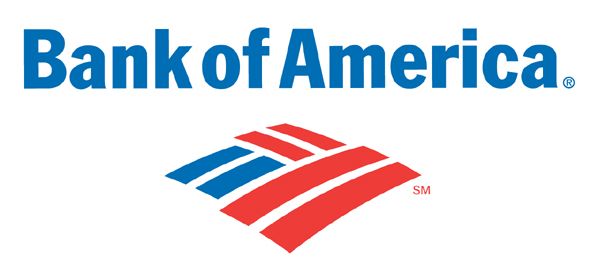
Plaintiff Mark Leyse and his roommate Genevieve Dutriaux, at varying times, have both filed class action lawsuits against Bank of America for allegedly violating the Telephone Consumer Protection Act (TCPA). The most recent Bank of America TCPA class action lawsuit was brought by Leyse. However, U.S. District Judge Susan D. Wigenton shot down complaint on Sept. 8, stating that Leyse didn’t have standing to make the claim because he was not the intended recipient of the prerecorded phone call.
Leyse and Dutriaux’s complaint is based on a single phone call made on March 11, 2005 by DialAmerica Marketing Inc. on behalf of Bank of America, to their residential telephone line. In April of that year, Dutriaux filed a putative Bank of America TCPA class action lawsuit in the Southern District of New York before Judge Koeltl. Bank of America moved to dismiss, but Judge Koeltl denied the motion and stayed the Dutriaux action pending appeals in two related cases.
While the stay in Dutriaux’s case was still in effect, on March 10, 2009, Leyse — represented by the same counsel as Dutriaux — filed his own identical putative class action lawsuit in the North Carolina courts. Bank of America moved to dismiss, saying Leyse had no rights to sue since the call was not intended for him, and on June 14, 2010, Judge Koeltl agreed. Leyse’s claim was denied, finding that Leyse lacked standing as a “called party” because the phone was in Dutriaux’s name.
Not to be deterred, on Dec. 5, 2011, Leyse filed yet another TCPA class action lawsuit against Bank of America in his third district court, the District of New Jersey. This most recent denial is the second time Leyse has been denied.
Back in the 2010 trial, Judge Koeltl reasoned that “if any person who receives the fax or answers the telephone call has standing to sue, then businesses will never be certain when sending or placing a call with a prerecorded message would be a violation of the TCPA,” adding that “allowing anyone who happens to receive an unwanted communication to file suit would unfairly impose liability on callers that act in good faith to comply with the provisions of the TCPA.”
In this most recent case, Judge Wigenton concurred. “Here, the facts demonstrate that defendants were attempting to call [his roommate], not Leyse,” Judge Wigenton ruled.
The Bank of America TCPA Class Action Lawsuit is Mark Leyse v. Bank of America NA, Case No. 11-7128, in the US District Court for the District New Jersey.
Unsolicited Bank Phone Calls Continue
Bank of America might have won this case on a technicality, but other TCPA class action lawsuits against banks are still standing.
Several banks still remain on the hook for TCPA violations concerning prerecorded calls (robocalls):
- HSBC has agreed to pay a nearly $40 million class action settlement to resolve a class action lawsuit over alleged robocall violations between 2008 and 2012;
- Capital One reached a nearly $75 million class action settlement over claims it used an automated dialing system and pre-recorded voice messages in violation of the TCPA; and
- Chase Bank is paying a $34 million class action settlement to resolve claims that it made improper collection calls and sent improper automatic alerts to consumers who were not the intended recipient. Interestingly, these allegations are similar to the claims raised by Leyse.
Violation of the TCPA is a serious matter. It can carry a $500 fine per violation, and if a cell phone subscriber can prove the TCPA violation was intentional, they can sue for up to $1,500 every time a company unlawfully contacted them. Many companies settle to avoid the uncertainty of litigation, however, as these calls cause aggravation, violate privacy, and consumers are charged for messages received, cases continue to be filed.
Join a Free TCPA Class Action Lawsuit Investigation
If you were contacted on your cell phone by a company via an unsolicited text message (text spam) or prerecorded voice message (robocall), you may be eligible for compensation under the Telephone Consumer Protection Act.
Get a Free Case Evaluation Now
ATTORNEY ADVERTISING
Top Class Actions is a Proud Member of the American Bar Association
LEGAL INFORMATION IS NOT LEGAL ADVICE
Top Class Actions Legal Statement
©2008 – 2024 Top Class Actions® LLC
Various Trademarks held by their respective owners
This website is not intended for viewing or usage by European Union citizens.





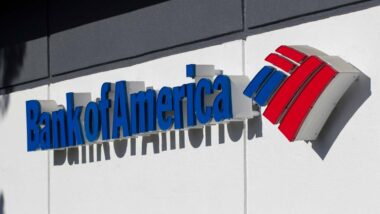
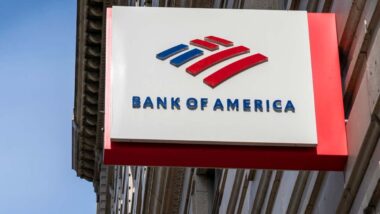
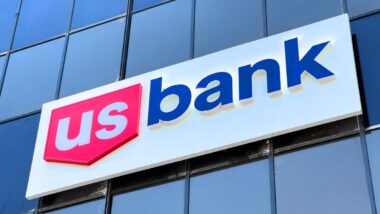
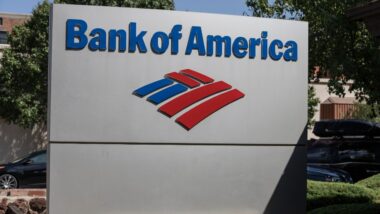
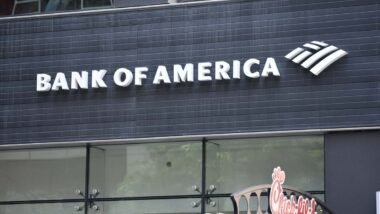
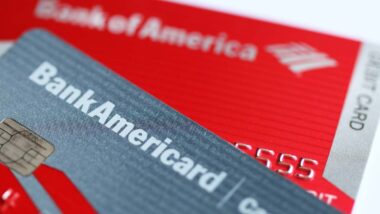
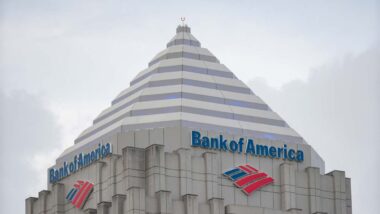
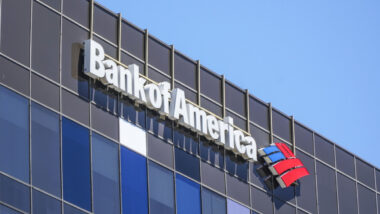
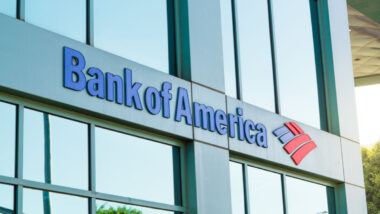
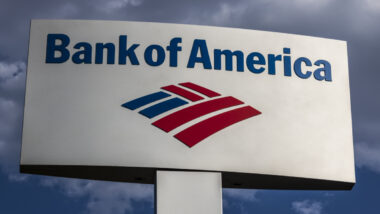
One thought on BofA Off the Hook for Prerecorded Phone Call Class Action Lawsuit
I thought a judge just approved a 32 million dollar settlement last week?